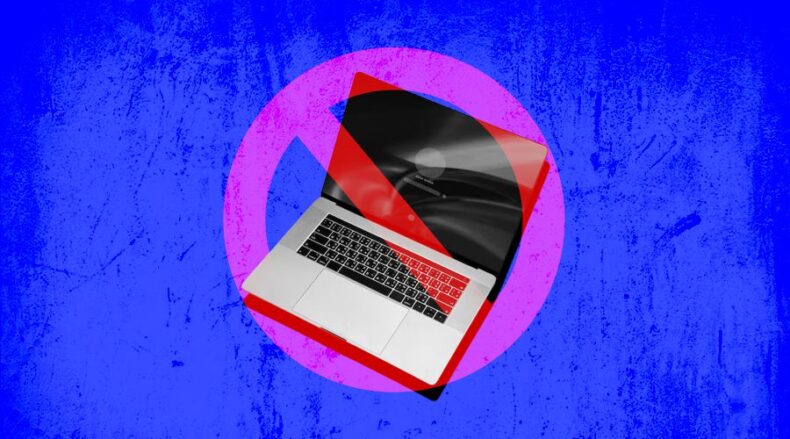The Directorate General of Foreign Trade (DGFT) of India said in August 2024 that it will outlaw the import of laptops, PCs, and their parts. This indicates that in order to import these goods, businesses and people will need to apply for a license from the government.
The notification, which was approved on August 3, was changed the next day, delaying implementation until November 1 to give the sector three months to reassess. However, the ruling has raised concerns about supply interruptions and price hikes if the restrictions take effect.Before bringing in desktops, laptops, or even tablets, Indian enterprises will need to obtain a license.
global response to Ban
World reaction to Hardware Import Ban
The decision has obviously not been favourably received by US-based corporations like Apple, Intel, and others. The decision has obviously not been favourably received by US-based corporations like Apple, Intel, and others. Bloomberg reported that Apple and others had submitted a letter of protest and urged the Indian government to rethink its decision.
Argument for and against Hardware Import Ban
According to the government, the action will increase local manufacturing and lead to job growth in the IT hardware industry.Reactions to the import prohibition have been conflicted. Some business experts have praised the decision, saying it will help domestic firms compete on an even playing field. Others have voiced worries that it may result in increased consumer pricing and make it more challenging for enterprises to obtain the equipment they require.
This is due to the fact that China has cheaper labor costs than India, making it more affordable for businesses to have their products assembled there. However, the government is banking on more businesses producing electronics in the nation with the implementation of new licensing regulations.
India has seen a noticeable increase in the importation of electronic products recently, particularly laptops and PCs. The import of electronic items increased to US$6.96 billion from April to June this year, a significant increase from US$4.73 billion during the same time last year.(Source). Within the next few years, the federal government expects Indian IT hardware producers to localize about 80% of the value addition for the manufacture of PCs and other IT hardware.
Rise of Hardware imports
Due to an increase in orders from original equipment manufacturers (OEMs) and enterprise clients who want to ensure enough stocks throughout the holiday season and for corporate purposes, imports in August surpassed 1.2 million units, up from 800,000 in July, an analyst stated.An industry grouping pegged the import spike at 20-30 percent.They want to stock and keep to avoid any supply chain disruption which may occur
PLI scheme for Hardware
The Production Linked Incentive (PLI) Scheme 2.0 for IT Hardware was launched by the Government of India in May 2024 with a budgetary outlay of Rs 17,000 crore. The scheme aims to boost domestic manufacturing of IT hardware products such as laptops, tablets, all-in-one PCs, servers, and ultra-small form factor devices.
Under the scheme, companies that invest in and set up new manufacturing facilities in India will be eligible for an incentive of up to 5% of their incremental sales over a period of six years. The incentive will be calculated on the net sales of the products manufactured in India, after adjusting for exports.
The scheme is expected to attract investments of over Rs 10,000 crore and create over 3 lakh jobs in the IT hardware manufacturing sector. It is also expected to help reduce India’s dependence on imports of IT hardware products.
As of August 2024, 38 companies have applied for the PLI scheme for IT hardware, including Asus, Dell, HP, Lenovo, and Foxconn.
The import prohibition, according to the government , would last for a year before being revisited. How the prohibition would affect the Indian IT hardware sector in the long run is yet unknown.

(Image source : NDTV)













